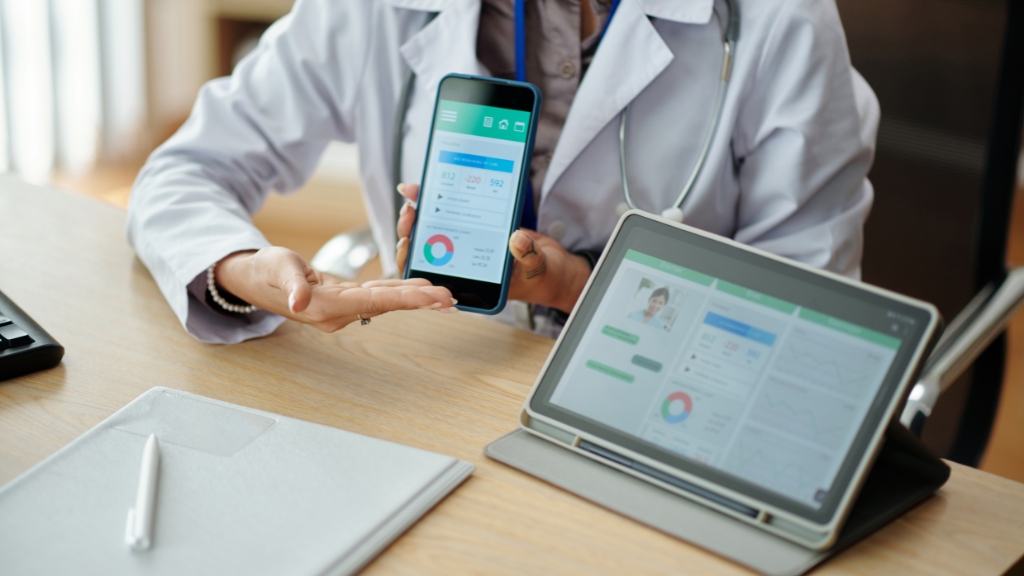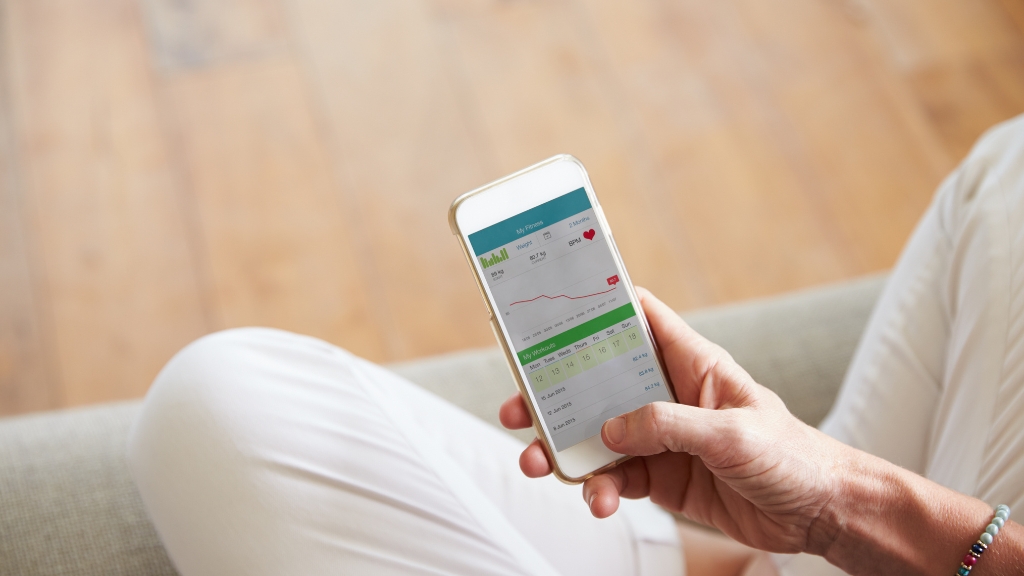
Harnessing Technology for Better Health: The Rise of Healthcare Apps
Introduction: The Digital Health Revolution
Technology is reshaping every aspect of our lives, and healthcare is no exception. The rise of healthcare apps marks a significant milestone in this transformation. These apps harness the power of technology to offer innovative solutions for managing health, improving care, and enhancing patient outcomes. With the widespread adoption of smartphones and digital tools, healthcare apps are becoming a vital component of modern health management.
Empowering Users with Health Management Tools
Healthcare apps are empowering users to take charge of their health in unprecedented ways. From tracking physical activity to monitoring chronic conditions, these apps provide valuable tools that help individuals manage their well-being. Fitness apps allow users to set and track fitness goals, while chronic disease management apps offer features like symptom tracking and medication reminders. This personal empowerment leads to better adherence to health plans and improved overall health.
Enhancing Access to Healthcare Services
Access to healthcare is a critical issue, and healthcare apps are addressing this challenge head-on. Telemedicine apps enable virtual consultations with healthcare professionals, making it easier for patients to receive care without traveling to a clinic or hospital. This is particularly beneficial for individuals in remote areas or those with mobility issues. Additionally, appointment scheduling and medical records apps streamline the administrative aspects of healthcare, improving efficiency and patient convenience.
Facilitating Real-Time Monitoring and Data Sharing
One of the most significant advancements brought by healthcare apps is the ability to monitor health in real-time. Wearable devices and health tracking apps collect data on various health metrics, such as heart rate, sleep patterns, and glucose levels. This data is then shared with healthcare providers, allowing for real-time monitoring and timely interventions. Real-time data sharing enhances the accuracy of diagnoses and treatment plans, leading to better health outcomes.
Promoting Preventive Care and Early Intervention
Healthcare apps are playing a crucial role in preventive care and early intervention. By providing users with tools to monitor their health, these apps help identify potential health issues before they become serious. For example, apps that track vital signs can alert users and their healthcare providers to any abnormal readings, prompting early intervention. This proactive approach to health management can prevent the progression of diseases and reduce healthcare costs.
Ensuring Data Security and Privacy
As healthcare apps handle sensitive personal information, data security and privacy are paramount. Ensuring that apps comply with regulations such as HIPAA (Health Insurance Portability and Accountability Act) is essential for protecting user data. Healthcare app developers must implement robust security measures, including encryption and secure authentication, to safeguard personal health information and build trust with users.
Challenges and Future Directions
Despite their benefits, healthcare apps face several challenges. One challenge is the need for interoperability between different health systems and apps. Seamless integration of data across platforms is crucial for providing a comprehensive view of a patient’s health. Additionally, the rapid pace of technological advancements means that apps must continuously evolve to keep up with new innovations and user needs.
Looking to the future, the integration of artificial intelligence (AI) and machine learning (ML) holds great promise for healthcare apps. AI can enhance predictive analytics, personalize health recommendations, and improve diagnostic accuracy. As technology continues to advance, healthcare apps will become even more sophisticated, offering new ways to manage health and improve care.
Conclusion: The Future of Healthcare Apps
Healthcare apps are harnessing technology to revolutionize health management and care. By empowering users, enhancing access, and facilitating real-time monitoring, these apps are improving health outcomes and transforming the healthcare landscape. As technology continues to evolve, the role of healthcare apps will become increasingly significant, offering innovative solutions to meet the growing demands of modern healthcare.
Leave a Reply
- AI in Diagnostics: Revolutionizing Early Detection and Accuracy
- How AI and Advanced Analytics Are Transforming Healthcare Outcomes
- Investing with Confidence: The Role of ROI Calculators
- How ROI Calculators Drive Data-Driven Business Strategies
- The Ultimate Guide to ROI Calculators for Business Success
- Making Sense of ROI Calculators: A Comprehensive Guide
- June 2025 (1)
- May 2025 (1)
- October 2024 (2)
- September 2024 (31)
- August 2024 (31)
- July 2024 (27)
- June 2024 (28)
- May 2024 (30)
- April 2024 (33)
- March 2024 (23)
- February 2024 (29)
- January 2024 (3)
- December 2023 (47)
- November 2023 (36)
- October 2023 (23)
- September 2023 (2)
- June 2023 (2)
- May 2023 (13)
- April 2023 (1)




